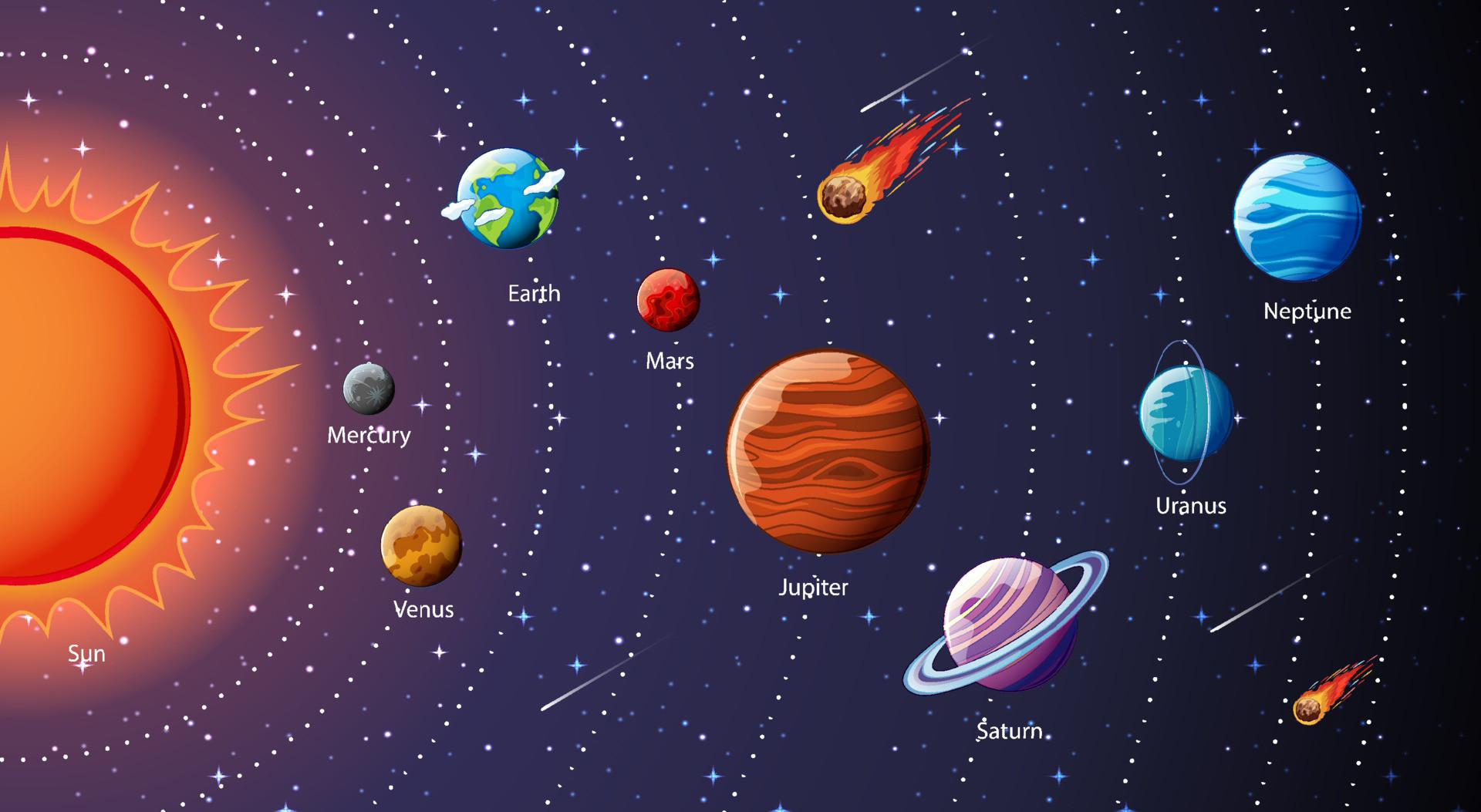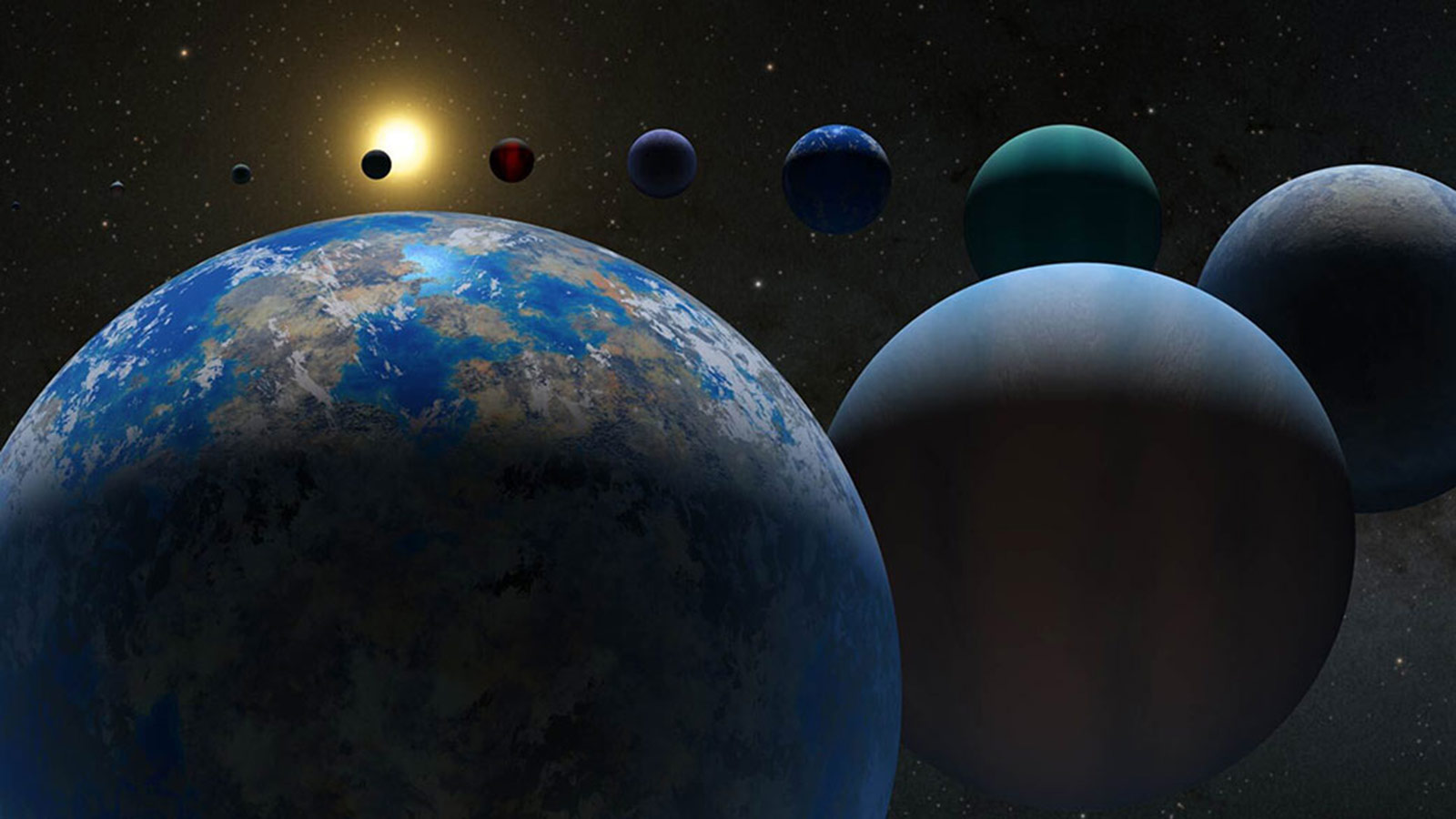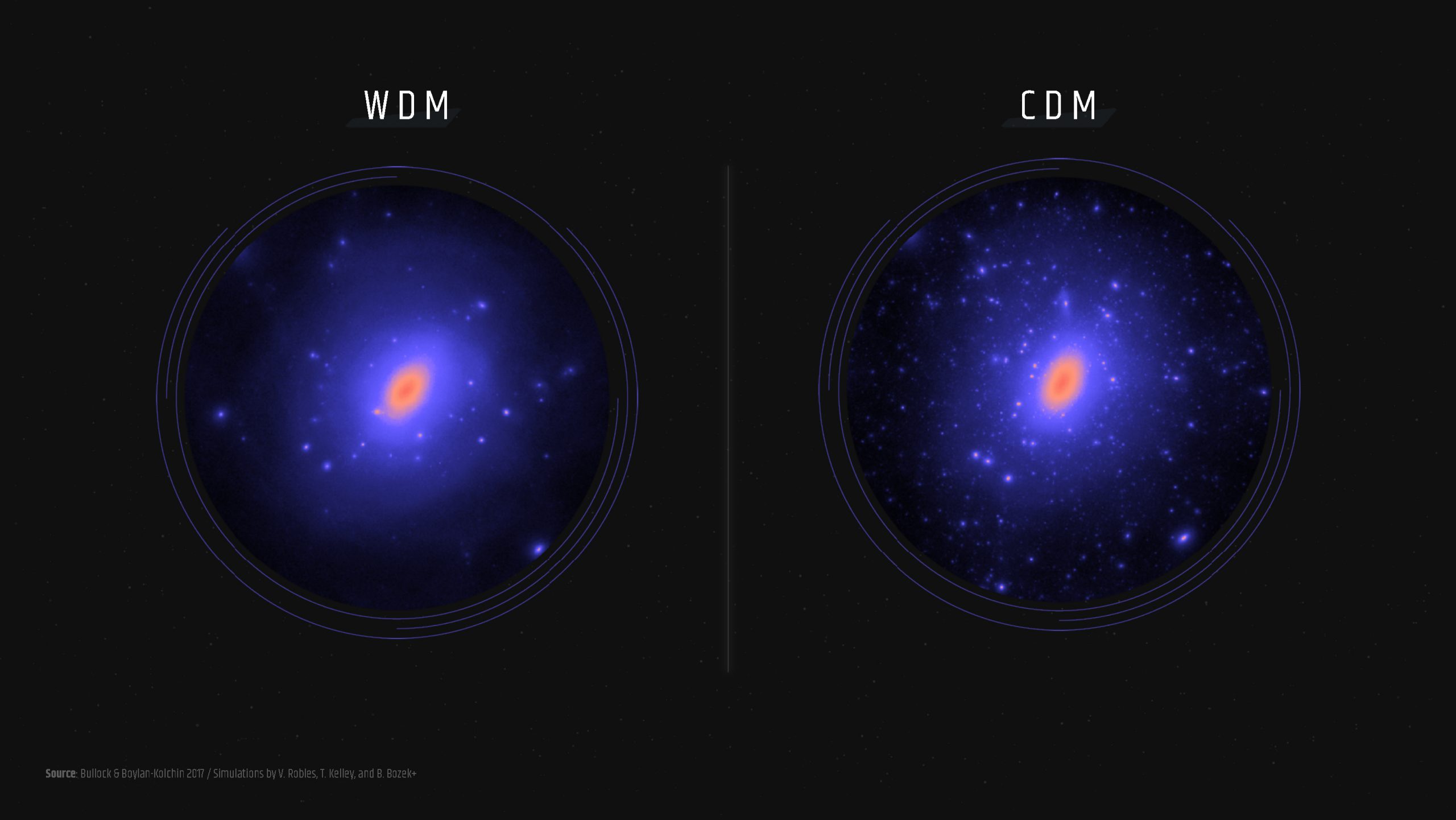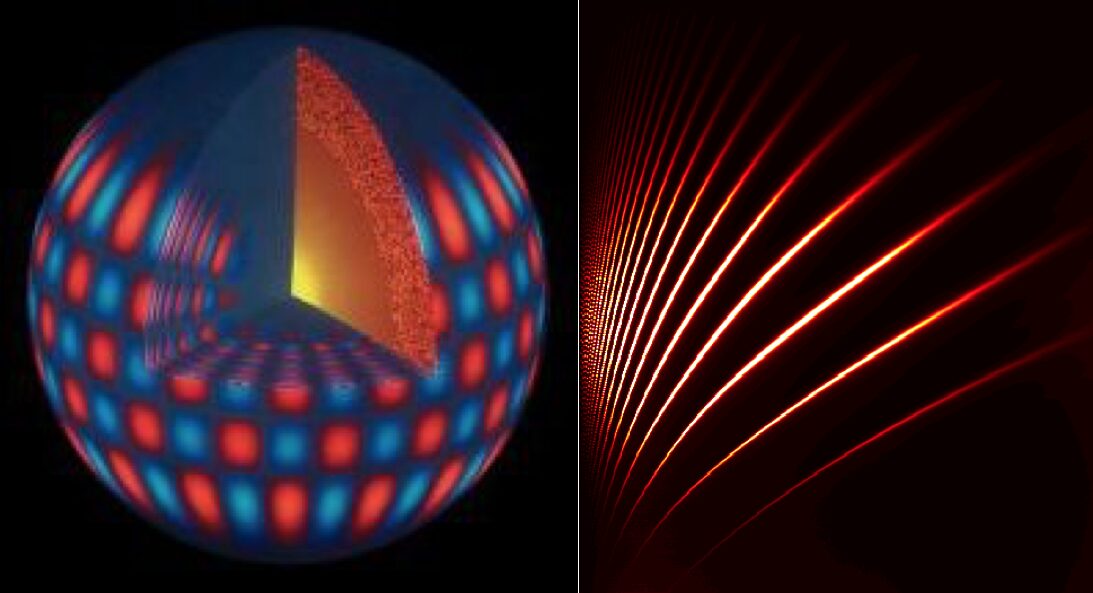Planets are celestial bodies that orbit a star. They are typically composed of rock, gas, or a combination of both. Our solar system has eight planets, divided into two main categories: terrestrial planets and gas giants.
Terrestrial Planets
- Mercury: The closest planet to the Sun, Mercury is a small, rocky world with a heavily cratered surface. It has no atmosphere.
- Venus: Often called Earth’s twin, Venus is similar in size and composition to Earth. However, it has a thick atmosphere composed primarily of carbon dioxide, which traps heat and makes it the hottest planet in the solar system.
- Earth: Our home planet, Earth is the only known planet to support life. It has a moderate temperature, a breathable atmosphere, and liquid water.
- Mars: Known as the Red Planet, Mars is a cold, dry world with a thin atmosphere composed primarily of carbon dioxide. It has polar ice caps and evidence of past water flow.
Gas Giants
- Jupiter: The largest planet in the solar system, Jupiter is a gas giant composed primarily of hydrogen and helium. It has a Great Red Spot, a massive storm that has been raging for centuries.
- Saturn: Saturn is known for its beautiful rings, which are composed of ice and rock particles. It is also a gas giant, primarily composed of hydrogen and helium.
- Uranus: Uranus is a gas giant with a unique tilt on its axis, causing its seasons to be extreme. It has a faint ring system.
- Neptune: The farthest planet from the Sun, Neptune is a gas giant with a blue color due to methane gas in its atmosphere. It has a Great Dark Spot, a storm similar to Jupiter’s Great Red Spot.
Exoplanets
In recent years, astronomers have discovered thousands of planets orbiting other stars, known as exoplanets. These planets vary widely in size, composition, and orbit. Some exoplanets may even be habitable, providing potential homes for extraterrestrial life.
Planets are fascinating celestial bodies that offer valuable insights into the formation and evolution of our solar system and the universe as a whole.
Would you like to learn more about a specific planet or the search for exoplanets?



